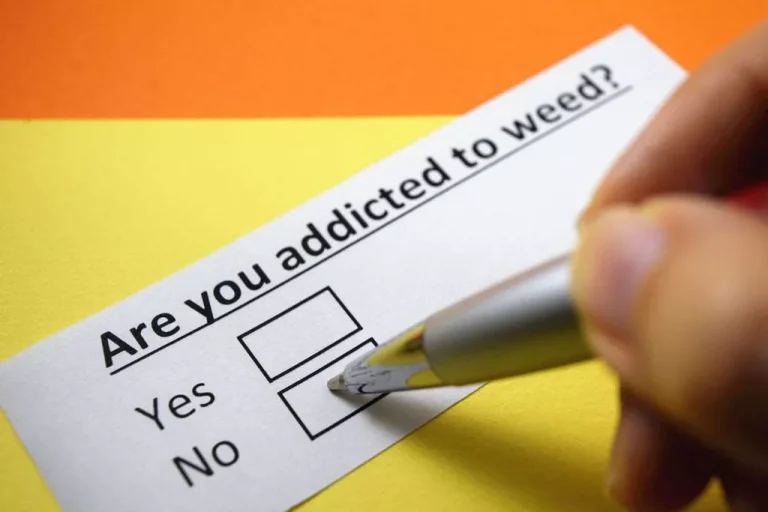
If these nerves are damaged in any way, you may develop blurred vision or partial blindness. In the event that you alcoholism continue to drink, it’s possible that you can go completely blind due to alcohol abuse. If you are experiencing blurry vision after drinking alcohol, it is important to take note of any accompanying symptoms and the frequency and severity of the episodes. If the blurry vision persists or worsens, it is recommended to consult with a healthcare professional. Alcohol is a central nervous system depressant that affects the brain and alters perception and coordination. It can also cause changes in blood pressure and blood sugar levels, which can affect vision.
Dry Eye Syndrome

Furthermore, ensuring adequate hydration while drinking alcohol can help counteract some of the dehydrating effects that contribute to blurry vision. In some cases, blurry vision after drinking alcohol may be a sign of alcohol intolerance. Alcohol intolerance is a condition in which the body is unable to properly break down and metabolize alcohol.

Bloodshot Eyes
- Rapid eye movement is another side effect that can occur in those who consume too much alcohol over a long period of time.
- In this article, we will explore the relationship between the amount of alcohol consumed and the likelihood of experiencing blurry vision.
- However, the damage is near permanent at this point, and symptoms will progress with continued alcohol consumption.
- Alcohol promotes dehydration, which increases the salt level in blood and tears.
Alcohol has long been known to have effects on the human body, both positive and negative. While consuming alcohol in moderation may have some health benefits, excessive alcohol consumption can lead to various harmful effects, including impaired vision. Blurry vision is one such common side effect experienced by many individuals after consuming alcohol. In this article, we will explore the relationship between the amount of alcohol consumed and the likelihood of experiencing blurry vision. If you regularly experience blurry vision after drinking alcohol, it is important to consult with a healthcare professional. They can help determine the underlying cause of your blurry vision and recommend appropriate treatment options.
Brain Function and Judgment Impairment
Dr. Anand stresses the importance of drinking in moderation, if at all. There’s also more of an effect on your brain and its development if you’re younger — one that can have a lasting impact. In addition to dementia, long-term alcohol use can lead to other memory disorders like Korsakoff syndrome or Wernicke’s encephalopathy. Heavily intoxicated individuals may develop sudden sensitivity to glare or bright lights.
- (17, 18) This can lead to dehydration, which, in turn, causes dizziness and lightheadedness.
- Limiting the amount of alcohol consumed and spacing out drinking sessions can help minimize the negative effects on vision.
- This eye disease occurs when high blood sugar levels damage the blood vessels in the retina, potentially leading to vision loss.
- Factors such as individual tolerance, body chemistry, and overall health can influence how alcohol affects vision.
If you are concerned about the amount you are drinking and are unable to stop on your own, help is available. English Mountain Recovery offers flexible treatment programs to help clients move into recovery. Participants who consumed alcohol were 30% less effective in distinguishing contrast of the spots in the grid as they approached the legal blood alcohol limit.
- Everyone should take note of this study, whether you are nearsighted, farsighted, have perfect vision or have had LASIK vision correction.
- Chronic alcohol abuse can impair the body’s ability to absorb these nutrients, leading to various vision problems.
- Dry eyes may cause discomfort, such as a gritty or scratchy feeling, and temporary blurred vision because the eye’s surface is not adequately lubricated.
- Chronic alcohol abuse can lead to permanent damage to the optic nerve and other parts of the visual system, resulting in vision problems that may not be reversible.

Alcohol is a diuretic, which increases urine production and, consequently, can lead to dehydration if the lost fluid is not replaced. This dehydration can extend to the eyes, causing them to become dry and irritated. Furthermore, alcohol can affect the vestibular system in the inner ear, which is responsible for maintaining balance and coordinating eye movements. Disturbance to this system may also contribute to blurry or double vision.

Sensitivity to light is alcohol affects vision probably the most well-known side effect of a hangover. This vision problem can also affect inebriated people however they may have had too much to drink to remember. If someone is suspected to have nystagmus, they will likely undergo a CT scan or an MRI to get a scan of the brain. Often these rapid eye movements are due to neurological problems in the brain.

